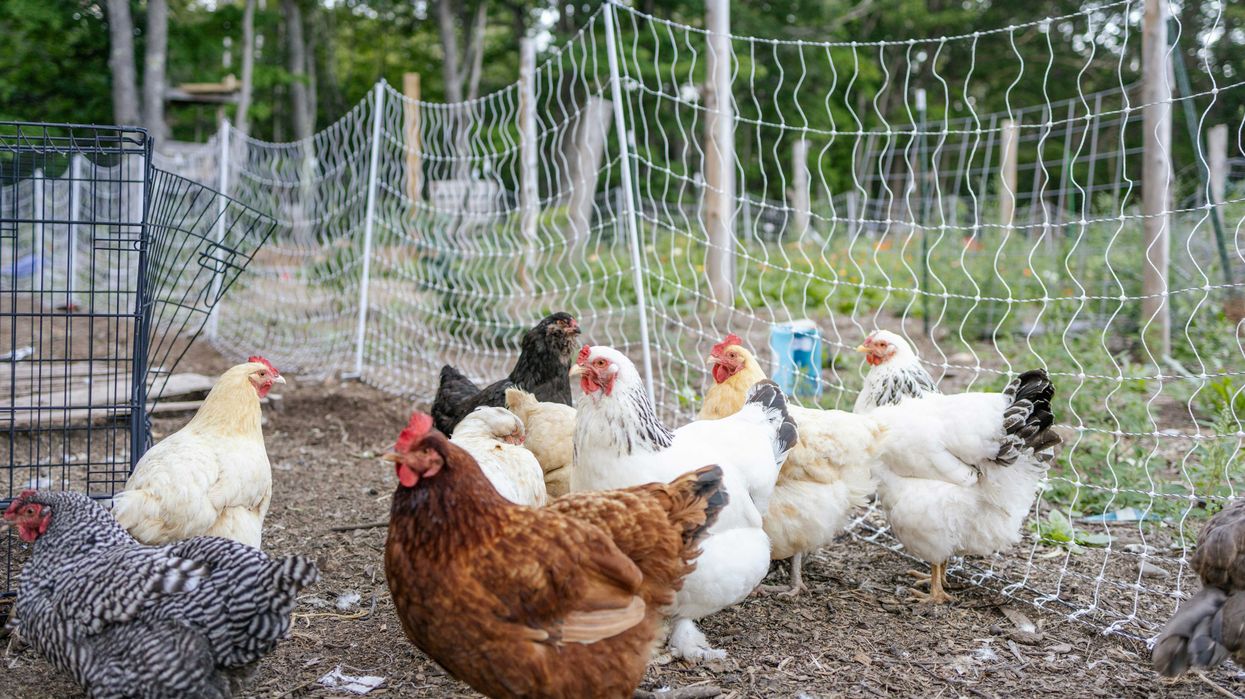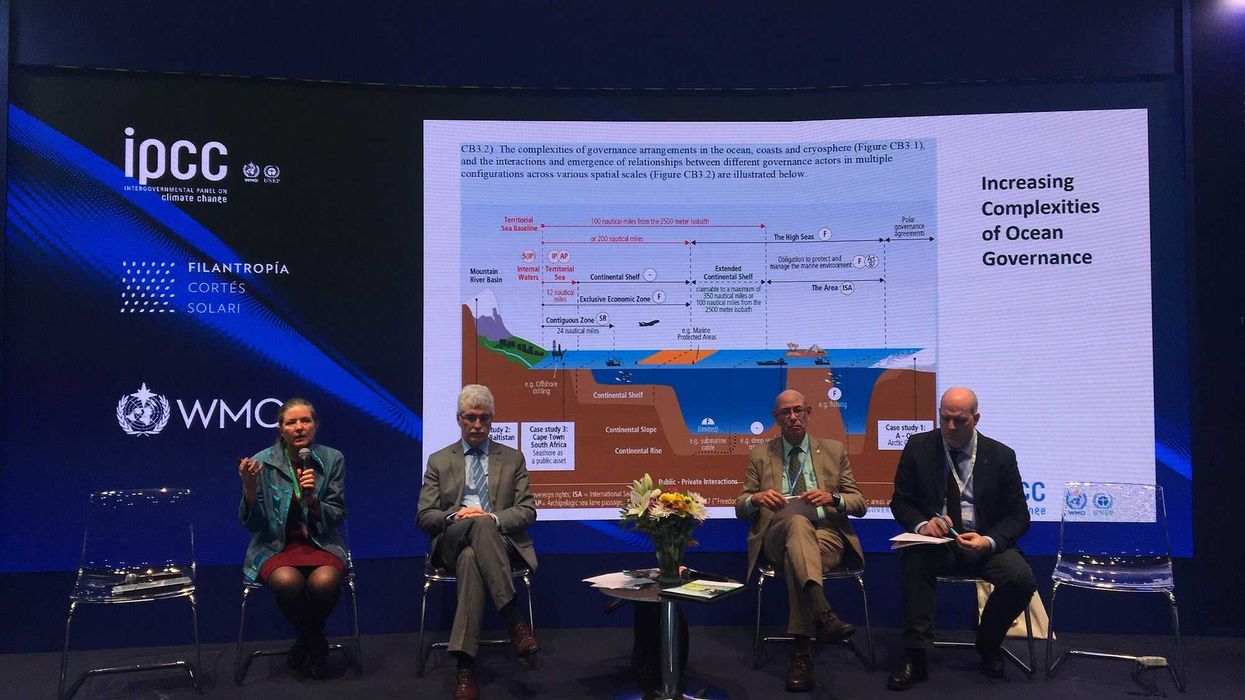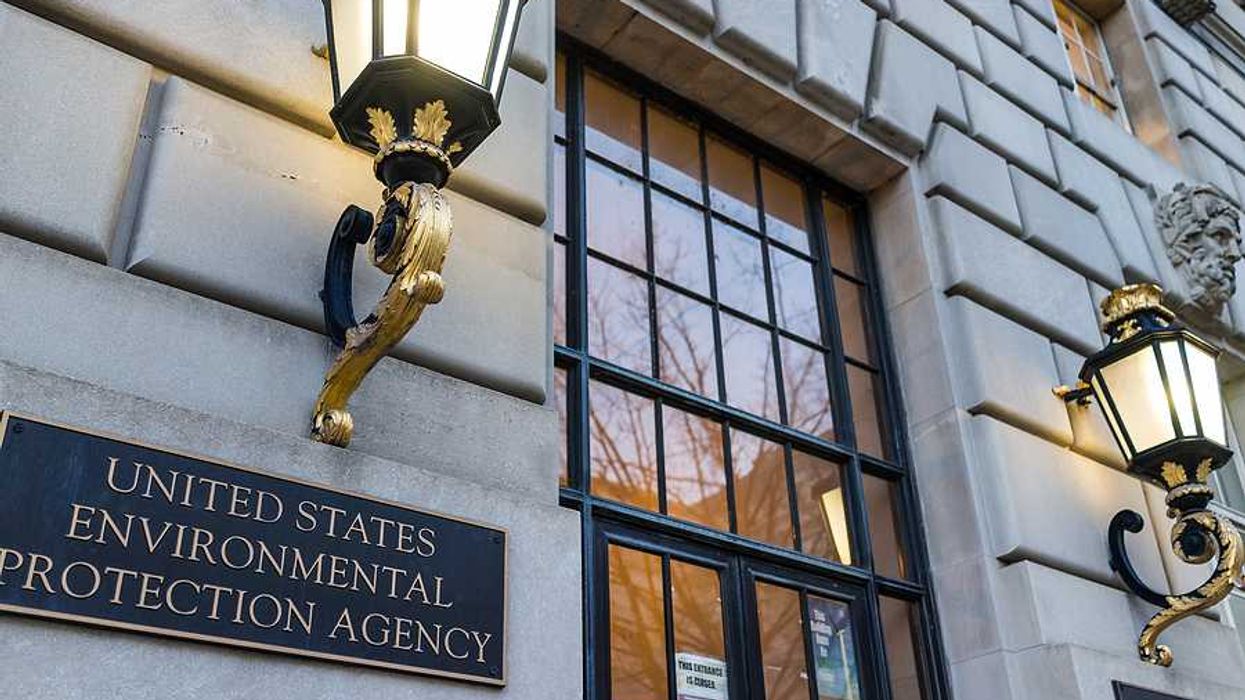A sweeping effort by the Trump administration aims to cancel $40 million in U.S. Environmental Protection Agency research grants, halting studies on toxic chemical exposure in children and PFAS contamination in food supplies.
Hiroko Tabuchi reports for The New York Times.
In short:
- Internal EPA emails reveal instructions to cancel all pending and active grants in key research programs, including studies into children’s exposure to pesticides and “forever chemicals” like PFAS.
- Affected grants include those supporting rural health research, student-led environmental projects, and long-term studies on prenatal chemical exposure linked to childhood diseases.
- EPA leadership claims the agency is merely reviewing programs for alignment with new priorities, though researchers have begun receiving cancellation notices.
Key quote:
“Defunding this research will do the opposite of the administration’s goal of making America healthy.”
— Tracey Woodruff, former senior EPA scientist and policy advsior, and professor at the University of California, San Francisco
Why this matters:
Children are more susceptible than adults to toxic chemicals due to their smaller bodies and still-developing organs. Decades of scientific research have shown that early exposure can have lifelong consequences, from neurological damage and birth defects to increased risks for cancer, diabetes, and heart disease. Programs funded by the EPA have uncovered critical insights into how everyday exposures can harm child development and disrupt endocrine systems. These studies have shaped public health policies, led to bans on dangerous substances, and guided families, schools, and communities on safer practices. Ending these grants could leave major knowledge gaps in how pollutants affect vulnerable populations, particularly in underserved rural areas.
Read more:














